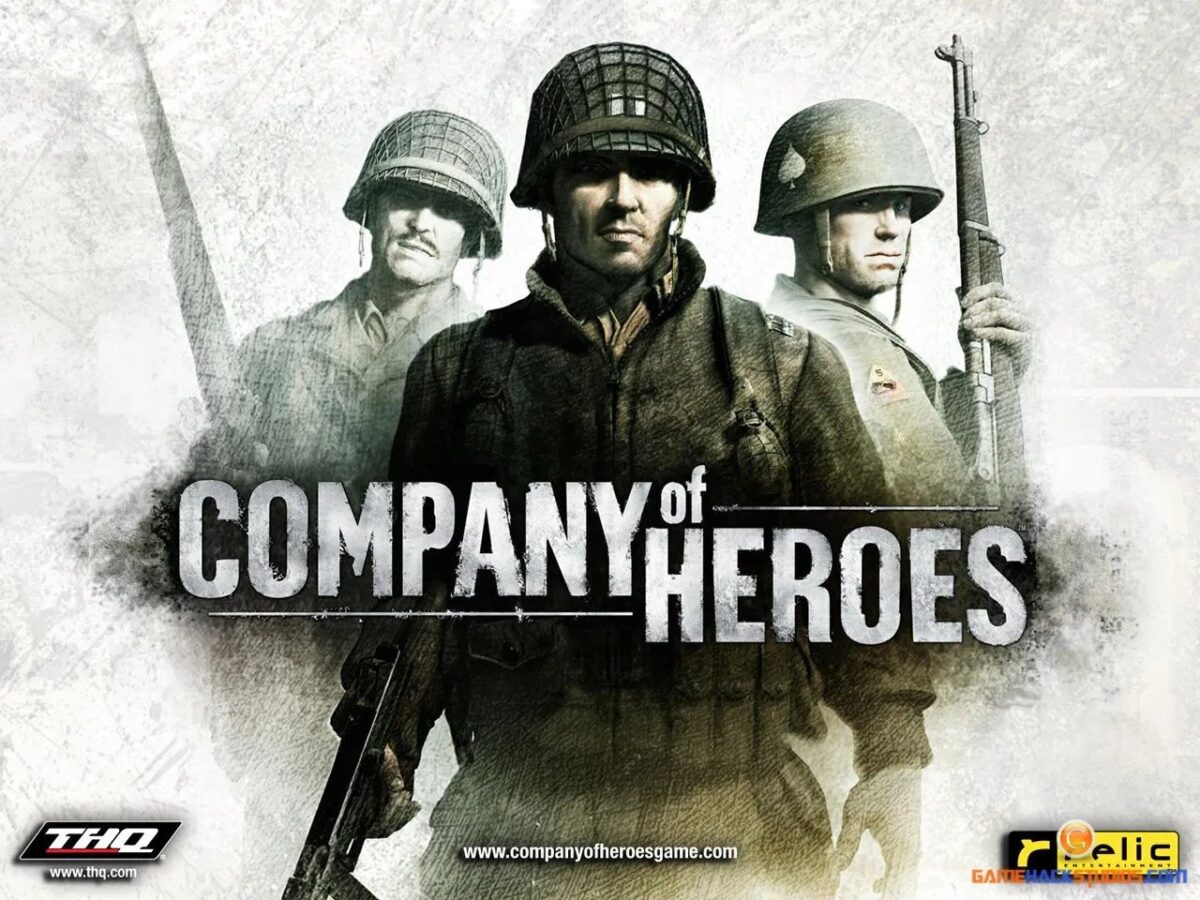

Way of looking and interacting with computers. This was the implicit belief of the hackers, and the hackers irreverently extended the conventional point of view of what computers could and should do-leading the world to a new Surely everyone could benefit from a world based on the Hacker Ethic. Surely everyone could benefit from experiencing this power. Well, we can do this by adding twenty numbersĬOMPUTERS CAN CHANGE YOUR LIFE FOR THE BETTER. YOU CAN CREATE ART AND BEAUTY ON A COMPUTER.

HACKERS SHOULD BE JUDGED BY THEIR HACKING, NOT BOGUS CRITERIA MISTRUST AUTHORITY-PROMOTE DECENTRALIZATION. If you don't have access to the information you need to improve things, how can you fix them? In a perfect hacker world, anyone pissed off enough to open up a control box near a traffic light and take it apart to make it work better should be perfectly welcome to make the attempt. They resent any person, physical barrier, or law that tries to keep them from doing this. Hackers believe that essential lessons can be learned about the systems-about the world-from taking things apart, seeing how they work, and using this knowledge to create new and even more interesting things. When you had all that information glued to your cerebral being, it was almost as if your own mind had merged into the environment of the computer.ĪCCESS TO COMPUTERS-AND ANYTHING WHICH MIGHT TEACH YOU SOMETHINGĪBOUT THE WAY THE WORLD WORKS-SHOULD BE UNLIMITED AND TOTAL. When you programmed aĬomputer, you had to be aware of where all the thousands of bitsof information were going from one instruction to the next, and be able to predict-and exploit-the effect of all that movement. The peak hour itself was tremendously intense, but during the hours before, and even during the hours afterward, a hacker attained a state of pure concentration. Not be able to divine where the music was. You could spend hours staring at the code, and

He was not the last administrator to feel the wrath of a hacker thwarted in the quest for access. but with some wild pleasure taken in mereīut McCarthy had a certain vision of what computers could do, and playing chess was only the beginning. PRIEST (on behalf of the machine): We will try. ACOLYTE: Oh machine, would you accept my offer of information so you may run my program and perhaps give me a computation?


 0 kommentar(er)
0 kommentar(er)
